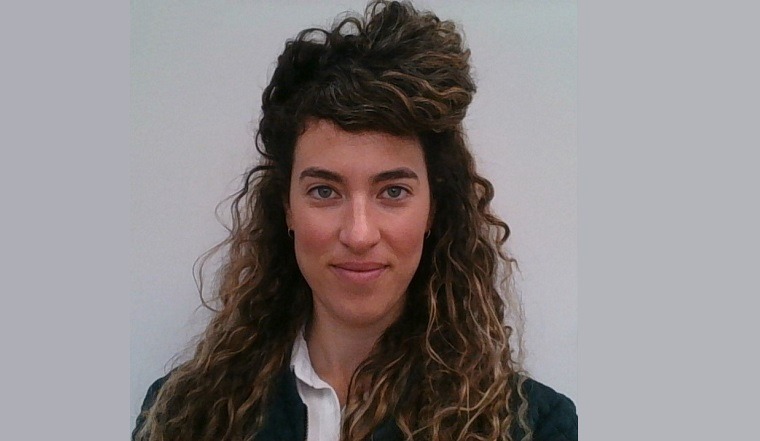"They say, ‘Give a man a fish, feed him for a day; teach a man to fish, feed him for a lifetime’. The Urban Clinic empowers people to contribute to their communities and neighborhoods, and promote their wellbeing. That is my end goal: to harness my academic knowledge and practical experience to influence facts on the ground and forge cohesive communities."
Hadas Tzin’s journey to the Urban Clinic commenced upon completing her bachelor’s degree in social work. Knowing that she wanted to help people from all walks of life feel a sense of belonging, she started her career in a community center in an underserved neighborhood of Jerusalem. She quickly realized how urban planning affects the very basics of everyday life and empowers some communities to flourish, while others are left behind. Once Hadas heard from colleagues about the Urban Clinic, she decided to take the next logical step and tap into its academic and practical expertise on urban renewal and community planning. She registered for the Hebrew University’s master’s degree in urban and regional planning, and took the Urban Clinic’s elective course.
Every student at the clinic has to volunteer at one of its projects. Hadas was excited to work with the forum set up by the Tel Aviv-Jaffa Municipality to plan the city’s exit strategy from the Coronavirus lockdown.
"This was a once-in-a-lifetime opportunity to work in a multi-disciplinary team of high-level professionals and decision-makers and apply the knowledge I had acquired at the University to challenging, real-life situations. The forum’s task was to assess the use of public spaces for community activities while complying with new social-distancing requirements. Our teamwork was intense, since we understood that our efforts would directly impact the residents’ quality of life, and their confidence to leave their homes and renew their participation in society."
Hadas’s role was both academic and practical, drawing on her training from the Urban Clinic. She prepared study material for the forum on ‘the day after’ scenarios by scouring international literature and participating in global webinars on post-lockdown strategies. She mapped outdoor spaces that could be adapted for public activities by walking around, speaking to local business owners, and assessing car and pedestrian usage.
"The forum was an enlightening experience. My take-home lessons for my job as a community social worker have been immediate; with my colleagues at the community center, we have also mapped out which public spaces in the neighborhood can be used for summer family activities. I really hope that, in this way, the residents will be able to leave their homes and together, at a distance, have fun with their families and revitalize their neighborhood."



